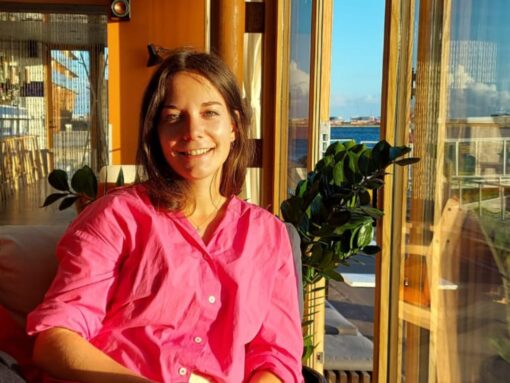Are you currently writing your bachelor’s or master’s thesis? Then you will surely have noticed that strategies that may have worked for shorter papers do not work for theses. The Center for Teaching and Learning (CTL) has compiled many tips that you can easily put into practice and that will help you plan your bachelor’s or master’s thesis.
Spending a few days (and nights) in the library or your room, doing a rapid literature search and “just quickly writing the text” does not work for a 30 to 80-page thesis. Maybe you are also grappling with phases of sluggish progress in your writing from time to time. A paper in the scope of a bachelor’s or master’s thesis requires planning, self-management, time management and a detailed examination of the writing project. And sometimes, it also requires self-reflection in your capacity as the author. After all, academic writing is a form of professional writing, and you will inevitably grow with the challenge. But do not panic. The following tips and recommendations are easily put into practice and will help you write your thesis.
Work on your thesis begins long before the actual writing process

Writing a thesis does not only begin with the creation of a text document but much earlier. Finding a topic for your thesis, searching for literature, reading and examining the available literature as well as defining a research question pertaining to the topic are part of ‘writing’ a thesis, even if you might not actually produce much continuous text during these phases. These first steps on your way to the final text are crucial to the successful completion of your writing project. They represent about 40 % of the amount of work involved in writing a thesis.
A research proposal is often the visible result of this process. The Bachelor Thesis Survival Guide (in German) provides answers to many questions that students have, including information about research proposals. Of course, you can also use it for other writing projects.
For good planning, you need a realistic assessment of your project. However, many writers overestimate their capabilities. You may once have written 10 pages of a seminar essay in one stressful night, but that does not mean that you will be able to write 80 pages of a master’s thesis in eight nights. All necessary breaks included, most writers manage to write two pages of ‘good’ raw text per day. You can accomplish this more easily if you know yourself as a writer: Do you prefer to write in the morning or in the evening? Do you need much time to write the first version? Are you quick when it comes to editing? Do you need to schedule some extra time because you want someone to proofread your thesis? The more you know about your own writing habits, the more realistic your time schedule can be. Make plans for who you are, not for who you want to be. 😊
Consider the different stages in a writing project
An academic writing project consists of different stages: The first stage includes finding a topic and the orientation phase. This is where you think about you want to write about. Often, this stage transitions smoothly into the second stage of literature review (What literature exists on the topic?) and the structuring of the available literature (What will I use for my paper and what will I not include?). During these first two stages, you develop and refine your research question and discuss it with your supervisor. Discuss your thesis with your supervisor as soon as possible during this stage.
 During the third stage, you write the first version of your thesis, which is also called ‘raw text’. Your text does not have to be perfect at this point, as you will have time to refine it during the editing stage. While writing, you will probably skip back and forth between structuring your literature, drafting the raw text and editing it. This is perfectly okay. Finally, the last and fifth stage includes the finalisation, revision and submission of your thesis.
During the third stage, you write the first version of your thesis, which is also called ‘raw text’. Your text does not have to be perfect at this point, as you will have time to refine it during the editing stage. While writing, you will probably skip back and forth between structuring your literature, drafting the raw text and editing it. This is perfectly okay. Finally, the last and fifth stage includes the finalisation, revision and submission of your thesis.
To assist you in planning your written papers, the CTL has developed a ‘planner for theses’ (in German). It includes plenty of tips and tricks from years of writing consultation and workshops. You can download the planner and print it or use it on your computer. We wish you every success for your thesis!
Want to read more? 😊 Check out our blog posts with the following topics:




These tips are very important